By Pamela Berner, Director of Environmental Services
When faced with an incident (environmental or otherwise), a questioning attitude—or lack thereof—and the culture of a facility determines how well it is handled. State and federal regulatory agencies can enforce from the date the facility knew or “should have known” of an incident.
Agencies can come down hard when there is a delay in reporting incidents which facilities “should have known” about. In addition, environmental incidents with the potential for environmental impact sometimes result in enforcement.
For these reasons NAES, in partnership with the Owner, must always drive for immediate evaluation of these events. We must take actions to mitigate actual or even potential impacts, even if all the answers are not yet available.
Ensuring that we understand and get to the root of issues or events is key to preventing recurrence and impacting overall plant performance.
At NAES we utilize Root Cause Analysis (RCA) to support that deep dive and questioning attitude. RCA is a process aimed at identifying the causes of a problem or event, as opposed to addressing immediately obvious symptoms. A common misconception about RCA is that the process will identify a single cause of an event, as if the word “root” indicates a single source of the problem. (See RCA procedure AMP-108A for more details on this.)
However, the causes of an event are many, usually below the surface, and not easily observed—like the root system of a weed. In this analogy, the weed is the event. If you cut the weed, it will grow back because the root system (cause) will produce another weed (event). If you address the root system effectively, you can prevent another weed from growing back.
Addressing the “root system” in a manner that prevents reoccurrence is the objective of an RCA. Therefore, effective RCA is solution-oriented. Identifying and implementing the best solution(s) requires understanding all the causes.
The objectives of NAES’s RCA process are as follows:
- Prevent reoccurrence of incidents.
- Demonstrate an effective, thorough, and professional approach to resolving and preventing issues.
- Document all findings, evidence, solutions, and required corrective action items in an organized and meaningful fashion.
- Meet the needs and objectives of NAES, Clients, Regulatory Agencies, and any Stakeholders as applicable.
- Meet or exceed prudent Industry Standards.
- Demonstrate due diligence.
In several recent cases, the facility’s questioning attitude led them to ask for help addressing the roots of incidents that could have remained problematic if not for a formal RCA. This culture helps to reduce enforcement exposure, prevent recurrence, and reassure our clients that we are diligent in our operations and maintenance of their assets.
NAES serves our customers well and minimizes risk when we apply the questioning attitude, create a culture of compliance and accountability, and apply our broad NAES experience and lessons learned to help other plants “learn before they get burned”.
Please consider entering your plant’s lessons learned and best practices from your investigations into the Gensuite Best Practices module and reaching out for support on your next RCA.











